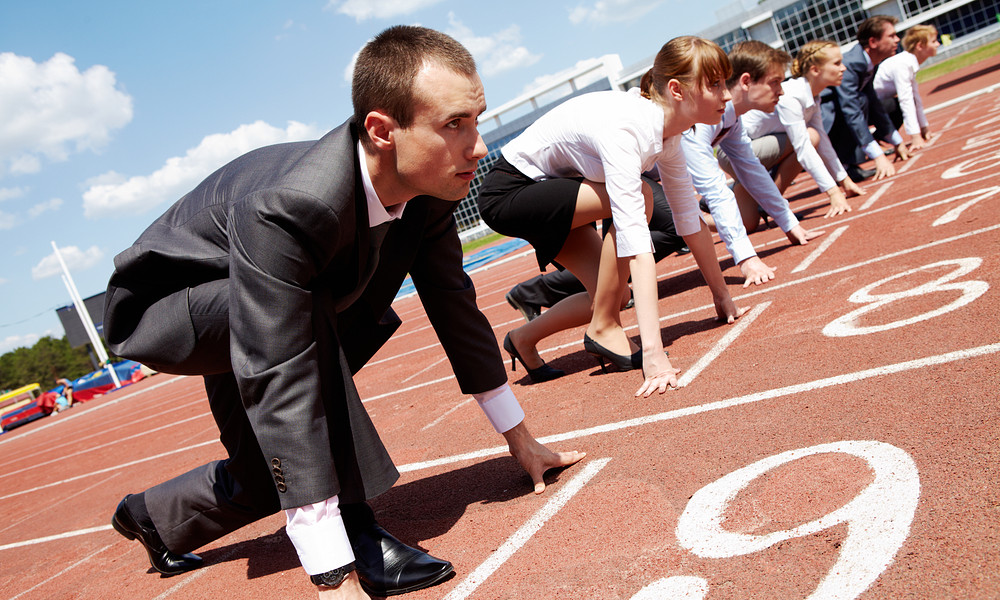
A future-proof sports organisation is able to easily adapt to changing social and personal needs. For sports clubs, for example, this means being open to multiple target groups in the community and making their offerings more flexible. For commercial providers, it means becoming increasingly socially engaged.
To meet these diverse needs, a strong collaboration between sports providers, governement, business and citizens is necessary. Additionally, the framework must be well-trained to handle complex organisational and pedagogical challenges and be able to provide sufficient quality. Sports and exercise can contribute to creating equal opportunities, combating generational poverty, combating loneliness and improving health. Sport is a context in which people develop their identity, gain self-regulation skills, learn to collaborate, build social capital, deal with setbacks and become active as volunteers. The ambition is to organise sports in such a way that it meets the needs and provides sufficient quality for all target groups.
Feedback component
How satisfied are you with the information on this page?